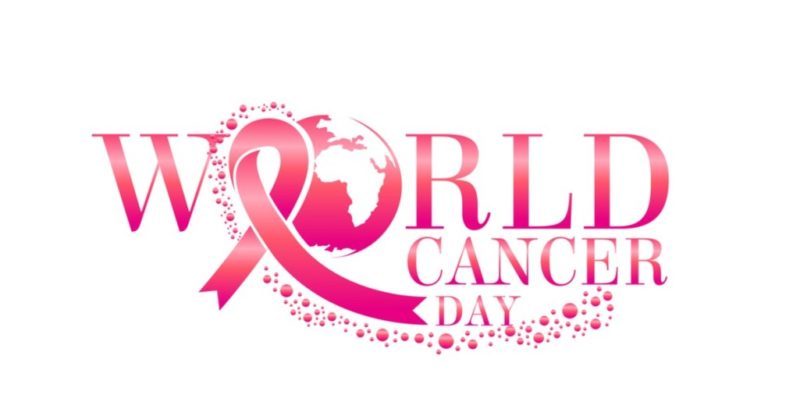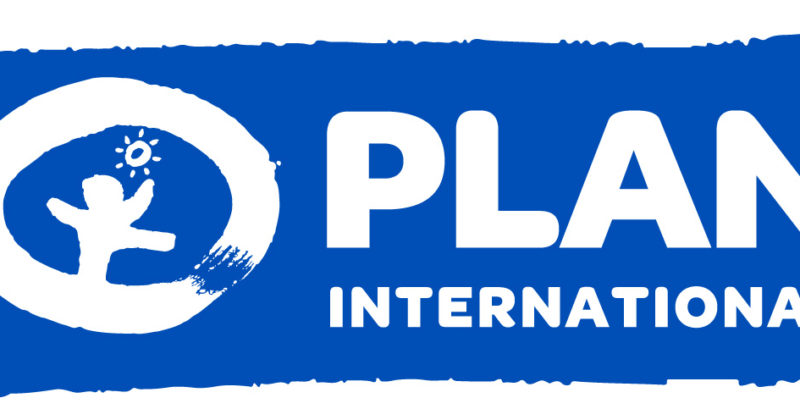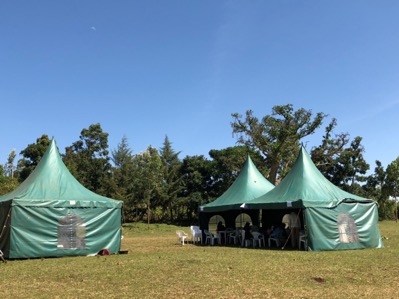
Tumaini La Maisha Health Services Organization
This is a non-profit organization that works jointly with Kisumu Hospice Center established at Jaramogi Oginga Odinga Teaching and Referral Hospital (JOOTRH) on cancer projects. Breast, cervical, prostate and esophageal cancers are its focus. The Kisumu Hospice serves the local community and supports a satellite hospice center at the Siaya District Hospital. On average, the hospice aids 50 patients each month. The organization promotes cancer awareness and helps navigation through patient referall by community screening and linkage. The foundation has established an accommodation unit in Nairobi that hosts a total of six patients at a time who have been referred for radiotherapy. It has also established a school in Nyakach (Kisumu County) for vulnerable children and offers support to the school. The organization works with partners like Aga Khan Health Services, JOOTRH and Oncology Department to offer services to cancer patients. The organization takes the lead in participating in national events, organizing medical camps and community outreach programs with an aim to...









